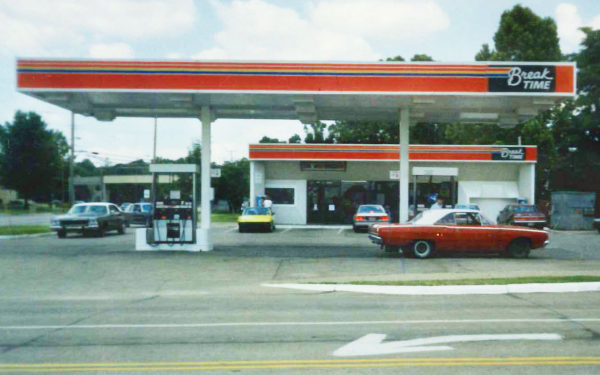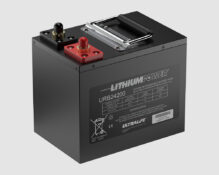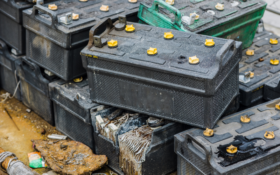The US state of Missouri is backing proposals that could see lead batteries used to provide power at electric vehicle charging stations.
Missouri’s Division of Energy has awarded a competitive grant to support a Consortium for Battery Innovation (CBI) feasibility study that will investigate advanced lead battery energy storage deployed alongside EV charging points at state gas (petrol) stations.
The project could lead to a wider roll-out of EV charging stations utilising advanced lead battery technology. The CBI is preparing to select two demonstration sites later this year ahead of launching an in-depth feasibility analysis.
Angela Rolufs, vice-president of consultancy Paragon Business Solutions, which is working with the CBI on the project, told the International Lead Association’s Pb2019 conference in Madrid last week the Missouri grant was made possible by funds from the US Department of Energy’s State Energy Program.
Partners for the project include Swedish-American battery manufacturer Northstar and US-based Enersys, Rolufs said.
On-site batteries could charge and discharge using direct current and charge from the grid when costs are lower, storing the power and releasing it when demand is higher, Rolufs said. When a car arrives for charging, the battery could deliver electric power at 100kW without drawing power from the grid.
CBI director Dr Alistair Davidson said: “This project aims to demonstrate how advanced lead battery energy storage, linked to EV charging stations, can help manage electricity demand fluctuations and store electricity when it is less costly, before supplying it at a time when electric car drivers need to charge their vehicles. It highlights the important role lead batteries can play in assisting governments around the world to roll-out charging infrastructure and meet energy needs.”












